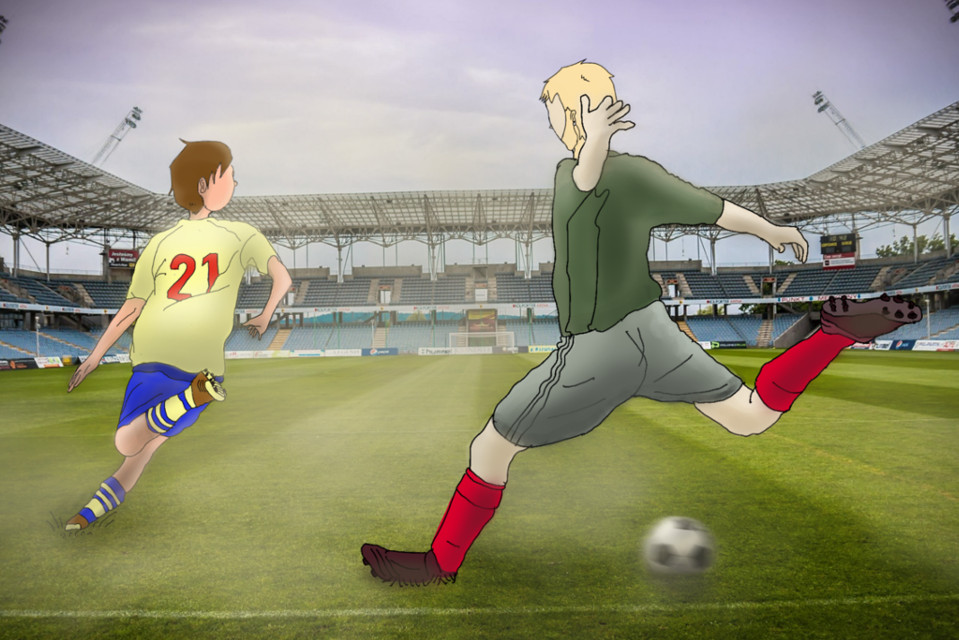
|
 |
 |
|
 |
You wouldn’t worry so much about what others think of you if you realised how seldom they do, Eleanor Roosevelt.
The spotlight effect is explained by its author as: “Most of us stand out in our own minds. Whether in the midst of a personal triumph or an embarrassing mishap, we are usually quite focused on what is happening to us, its significance in our lives, and how it appears to others […] People tend to believe that more people take note of their actions and appearance than is actually the case. […] People tend to believe that the social spotlight shines more brightly on them than it really does,” The Spotlight Effect in Social Judgment: An Egocentric Bias in Estimates of the Salience of One’s Own Actions and Appearance, Gilovich, T., Medvec, V. H., y Savitsky, K. (2000).
And so, because we are so worried and focused on ourselves, we become the center of our own universes. Whether we made a brilliant point in a discussion in class, we scored two goals like a legend in a soccer game, or wore a shiny and revealing outfit, we may realize that our extraordinary efforts go unnoticed or under-appreciated by others, our gorgeous appearance may have gone generally unnoticed. People actually think about and judge us much less than we think they do.

Fortunately, this also happens when we screw things up, the impact on our “audience” is much less than we think. Maybe, you skipped a few lines in your speech, there was a little red stain on the sleeve, you slipped and missed a goal, etc., you might think that your shame will last forever, that it will be completely unforgettable, but chances are, they also may have gone unnoticed or under-appreciated.

Two related bias are:
Although certain emotional states can be seen by some, our internal state, our emotions, thoughts, fears, etc. are generally hidden and unknown to others. Why? Firstly, no one out there can read our minds, but mainly because they are also focused on other things and themselves, as we all are, on their own behaviors, worries, appearances, and how they will be seen by others.
How to limit the spotlight effect, the self-as-a-target bias, and the illusory transparency?
Now is the time for us to shine. The time when our dreams are within reach and possibilities vast. Now is the time for all of us to become the people we have always dreamed of being. This is your world. You’re here. You matter. The world is waiting, Haley James Scott.
If your intervention in a discussion or an interview was not as bright as you would have liked it, it does not matter either. You can always adjust your behavior, appearance, body language, communication style, etc. to be more effective. Everyone makes mistakes, nobody is perfect, and that's okay! That's life, a bumpy road with many twists and turns, ups and downs, where we need to learn constantly from our mistakes and persevere to grow and succeed.